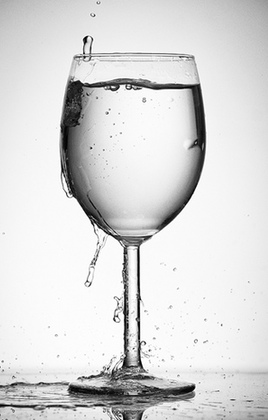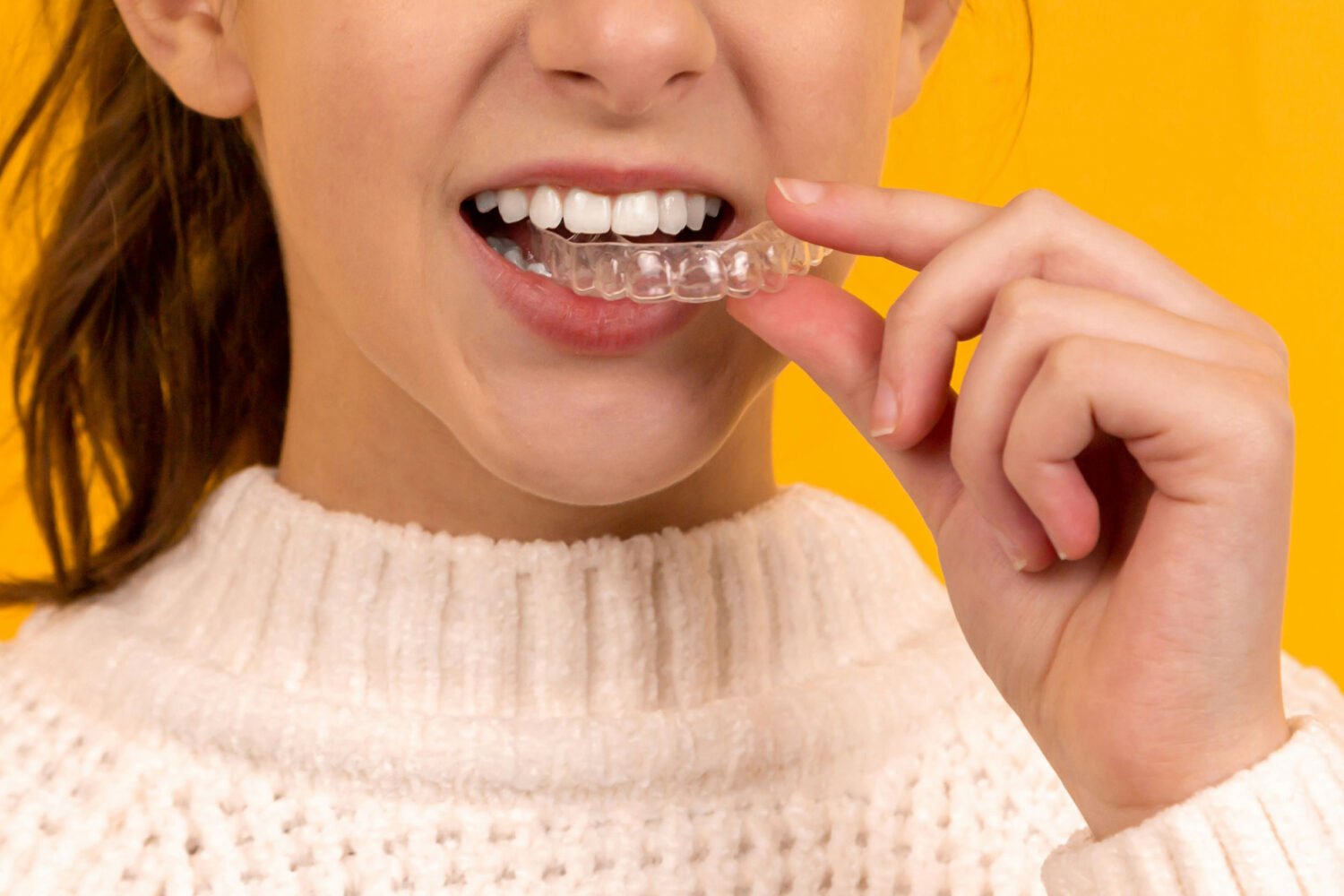
Water is often touted as the end-all, be-all to perfect health—and for good reason. Drinking it keeps us hydrated, helps with weight loss, and promotes clear complexions. But more and more medical experts of late have voiced their opinions that the notion of needing eight glasses of water a day is unnecessary and overhyped.
The most recent opinion comes from Australian nutrition experts, who say in the Australian and New Zealand Journal of Public Health that the required eight glasses of water per day is an “overestimation” at best. Another physician also delved into the water debate in the British Medical Journal last July, calling the water recommendation claims “nonsense.”
Local registered dietitian Rima Kleiner agrees. “The notion that you should drink 64 ounces of water a day is arbitrary,” she says. “There is no magic number for the amount of fluid you need, which depends on a host of factors, such as your health, body weight, activity level, and location, and the temperature outside.”
So how and why did this reliance on water begin? In the Australian health journal, author Spero Tsindos writes that the 19th-century “hydropathists” first argued that drinking a lot of water had the power to cure any ailment. The first scientific approval of water was established by the Food and Nutrition Board of the National Academy of Sciences in the US in 1945. From there, our love affair with water took off.
However, Tsindos notes that most humans rarely “achieve this level of intake” anyway. It’s not such a bad thing, so long as they’re getting fluids through other means, such as other types of drinks, vegetables, and fruits.
“Research has suggested the diuretic effect of some beverages, such as tea or coffee, is somewhat overrated,” Tsindos writes. “Humans need to maintain fluid balance and need to drink water when required, but should also consider fluid in unprocessed fruits and vegetables and juices.”
Kleiner agrees, noting some good news: “Many favorite summer foods—lettuce, tomatoes, cucumbers, broccoli, watermelon, peaches, and berries—are naturally hydrating and provide a hefty dose of vitamins, minerals, and antioxidants.”
Still, in the hot summer months when we’re likely to sweat more during a workout, it wouldn’t hurt to add a few more cups of water or water-rich foods to your diet, Kleiner notes. “Thirst is actually the first sign of mild dehydration, so we should be getting enough fluids from drinks and water-rich foods before we feel thirsty.”
To determine whether you’re adequately hydrated, Kleiner says the simplest and best indicator is to check out your urine color. “If your urine is clear to pale yellow, you’re in the clear,” she says. “If it’s darker than lemonade, start guzzling water or other fluids.”
The best way to meet your fluid intake, Kleiner says, is by drinking water with and between meals—and whenever you’re thirsty.
Read the full article in the Australian and New Zealand Journal of Public Health.

















